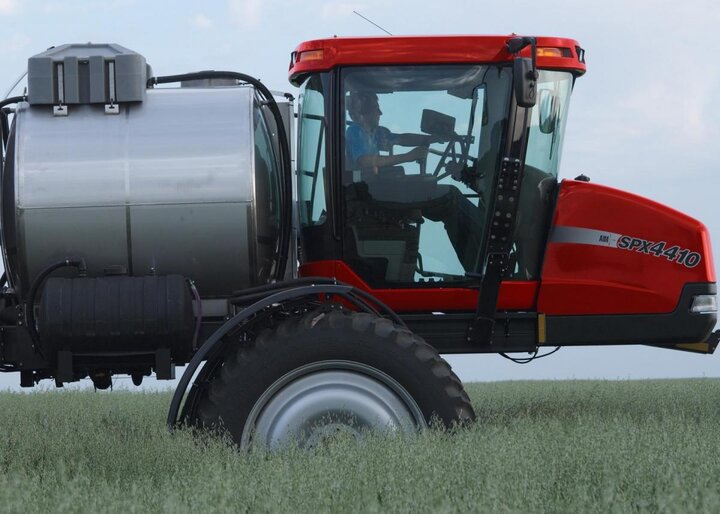In Nebraska, what do a fumigator, exterminator, and producer all have in common?

Read more about National Pesticide Safety Education Month in February.
If they all use Restricted Use Pesticides (RUPs), all receive training and certification from Nebraska Extension’s Pesticide Safety Education Program.
Nebraska, like PSEPs located at all U.S. land-grant universities, teaches pesticide safety, especially to those using RUPs. National Pesticide Safety Education Month is in February during Nebraska PSEP’s training season.
Each year from January to April Nebraska PSEP offers initial and recertification training for first-time and renewing applicators, respectively. This year it is also offering training on RUP dicamba application. The training became a federal EPA requirement last October. RUP certification and testing is followed by licensing through the Nebraska Department of Agriculture. In spring and summer, PSEP promotes pesticide container recycling and, throughout the year, updates educational materials.
PSEP also encourages the use of IPM, integrated pest management. With IPM, a person studies a pest problem to see if it needs to be resolved. If so, a person looks first to biological, cultural, physical, mechanical, and educational methods. Chemical control is used only when needed and in the least-toxic formulation effective against the pest.
In 2018 more than 6,500 private, commercial, and noncommercial applicators are expected to become recertified through Nebraska pesticide training. Ag plant is the state’s largest licensing category. Licensing is also required for individuals handling RUPs for fumigation and termite control or treating lawns and gardens; water for fish, weed, or mosquito control; seeds for planting; rights-of-way; buildings; and for public health and aerial applications ― in all, 17 categories. Those who handle general use pesticides for hire or compensation in the following categories also must be certified and licensed: ornamental and turf, structural/health related pest control, and wood-destroying organisms.
About 200 initial and recertification sessions are held annually throughout Nebraska. A 2017 survey points to respondents overwhelmingly reporting they became knowledgeable or very knowledgeable of safety practices, calibration, drift prevention, and pesticide resistance management, based on their Extension education.
Nebraska PSEP has scores of educational and training materials to enable successful completion of certification requirements. Included are 19 training manuals, more than 50 training videos, and 28 NebGuides and Extension Circulars. Materials are regularly updated to help bring the most recent information to applicators and producers.
In addition to classroom training facilitated by about 40 Nebraska Extension educators, PSEP also offers convenient online training.
PSEP in Nebraska and other states keep abreast of product changes in formulations and new research that reveals additional information. This information then is passed on to educators, agency partners, and applicators. All help provide safety measures for individuals and their families, as well as for sensitive crops and plants, water, soils, pollinators, and wildlife.

